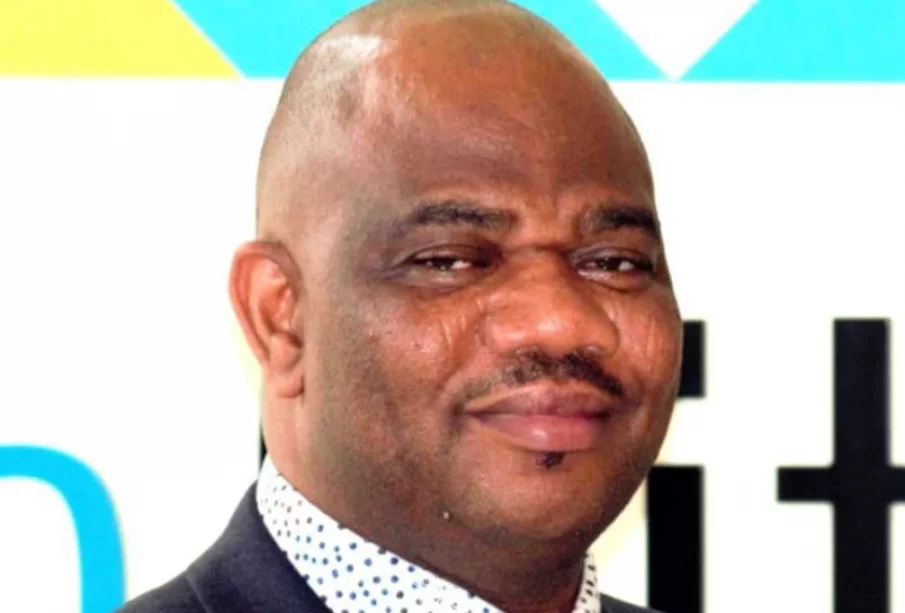In part four of our “Meet the Professors” series Dr. Afolabi shares the importance of being bilingual
University of Regina’s (UofR) very own La Cité universitaire francophone plays a crucial role in the cultural and professional development of the Fransaskois community by offering credit and non-credit courses. Their official website mentions that La Cité francophone dates back almost a century. It started in 1918 when French-language university education was introduced in Gravelbourg under a partnership between Collège Mathieu and the University of Ottawa.
Collège Mathieu, located in Gravelbourg in southern Saskatchewan, began offering a classics program in French. It was in 1968 that the Bilingual Studies Centre was officially established in Regina at the UofR to take over the responsibility for French-language university education in Saskatchewan. Fast-forward to today, UofR has its own French department operating under La Cité which offers a variety of courses and programs at both undergraduate and graduate levels.
In part four of our “Meet the Professors” series, the Carillon got the opportunity to connect with Dr. Segun Afolabi, assistant professor at La Cité universitaire francophone at the UofR. Dr Afolabi joined the university in July 2024 with over 20 years of experience in teaching, research, and educational administration. Professionally, he is a certified translator and a member of the Ordre des traducteurs, terminologues et interprètes agréés du Québec (OTTIAQ), as well as the Association of Translators and Interpreters of Saskatchewan (ATIS). Dr. Afolabi currently teaches four classes; three are taught on-site and one online. These include two core translation courses namely “Introduction to Translation” (FRN 250 AH) and “CAT Tools for Translators” (FRN 450AG and FRN 830AF) which are cross-listed graduate and undergraduate courses.
Additionally, he teaches two core language courses titled “Exploration II” (FRN 201-001 offered on-site, and FRN 201-397 offered online). When asked about what he enjoys most about the classes that he teaches, Dr. Afolabi stated, “I enjoy teaching all of these courses because they are engaging, stimulating, and practical. In the language courses, students are supported to acquire and make use of real-life communication skills in French. In the translation courses, we apply the linguistic, extralinguistic, and technological skills that we learn into solving intercultural communication problems.”
“What makes it more exciting is the students’ manifest interest, enthusiasm, and curiosity. As we say in French, ‘c’est le fun!’” he added.
Dr Afolabi also spoke passionately about the importance of promoting the French language in the community. He said, “[…] In the course of a conference presentation last summer in France, I conducted a SWOT analysis of La Cité as it marks its 10 years of existence. The results of the analysis show that this imaginaire collectif called La Cité is truly a child of necessity which has come a long way in promoting the vitality of the French language and the Francophone community in Saskatchewan in particular, and in Canada as a whole.”
In addition to that, La Cité has been promoting French-language activities at the UofR for decades; supporting academic programs and collaborations across various faculties. The programs include BA, MA and PhD degrees in the Faculty of French and Intercultural Studies (FFIS). La Cité also offers minor and certificate programs including minor in translation. Dr Afolabi states, “Students across different faculties and programs are trooping in to take courses in French as prerequisite for their main programs. This is apart from the collaborative bilingual programs being offered with other academic units such as nursing, Le Bac, and social work.”
I want today’s students to become tomorrow’s successful professionals, critical thinkers, solution providers, change agents, nation builders, and all-round engaged citizens.” – Dr. Segun Afolabi
The Carillon’s conversation with Dr Afolabi revealed that there were numerous pivotal moments that shaped his focus on translation pedagogy and the sociology of translation. He speaks about his time at Université Laval in Québec when he was pursuing his doctoral studies. He saw a huge gap between the global north and the global south through his research, which led him to realize the importance of training translators and interpreters in response to changes happening around the world. “My experience at that period really opened my eyes to see the dire need for well-developed and contextualised professional training programs (pedagogy) that align with the evolving market needs (sociology) of translation,” said Dr. Afolabi. His thesis, titled “Translation and Interpretation Market Needs Analysis: Towards Optimizing Professional Translators and Interpreters Training in Nigeria,” was also published in Paris, France.
Dr. Afolabi also shared some advice for the students. He encourages students to grab the opportunity to be bilingual by taking French courses at La Cité. However, he emphasizes that only being bilingual is not enough in order to become a professional translator or interpreter, among other multilingual professionals. It is just the starting point and with a solid bilingual base. Students should go a step further by enrolling in career-ready specialized training programs in translation, interpretation, nursing, law, and journalism.
He added, “[…] as I always say, ‘It is AI o’clock’. So, incorporating AI and intercultural communication technologies skills into one’s portfolio makes one stand out. It gives you an edge.”
“Networking is the currency of the modern professional world. So, as a future professional, your network is your net worth. For example, in this age of social media, LinkedIn is one major professional platform that I always advise students to leverage,” he said.
The conversation wrapped up with an optimistic vision of Dr. Afolabi as he makes it clear that he wants his students to always strive for excellence. He asserted, “Academically, I want [my students] to excel. They should not be content with the enemy called average.”
Dr. Afolabi concluded as he said, “I want today’s students to become tomorrow’s successful professionals, critical thinkers, solution providers, change agents, nation builders, and all-round engaged citizens. And it’s not one-way traffic. In my classes, I also look forward to learning from my students as no one knows it all. As someone rightly puts it, ‘Teaching is learning twice.’”







